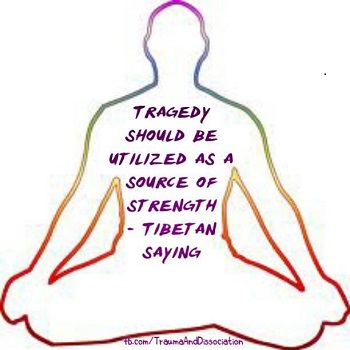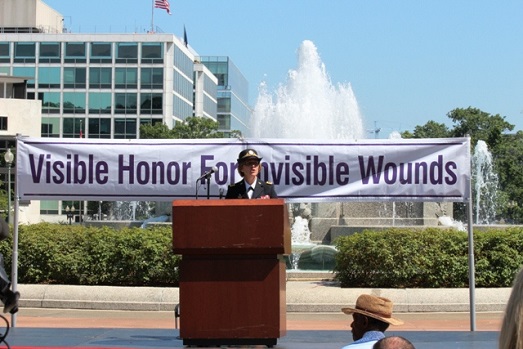[pullquote]”In fact, most civilians know war through a superficial lens—through what the media shows them and what other people relay to them about their experiences.”.[/pullquote]People who have seen how dark life can become eventually adapt a defensive view of their life. They reject what makes life, well, life—how people live and act against the forces of nature. When someone rejects the religious and moral principles that encompass life, they undertake what’s known as nihilism.
Nihilism is best known as the rejection of all moral and religious principles, in the impression that life is ultimately meaningless. The phrase originates from the Latin term, nihil, which translates to nothing. Nihilism is also used to promote the idea that life, or the world itself, has no true morals.
This philosophical position is famously associated with the German philosopher, Friedrich Nietzsche. However, his position on the philosophical belief is sometimes misunderstood. Nietzsche was one of the first philosophers to extensively study the philosophy; he also extensively discussed criticism of the belief as a whole.
He notably argued that ‘nihilism can become a false belief, leading individuals to discard any hope of meaning within the world and create some significant compensatory alternative.’ He also argued that ‘Nihilism results from valuing higher beings who don’t value earthly things.’ Lastly, Nietzsche also suggested the idea that ‘Idealism, after being rejected by the believer, could potentially lead to Nihilism.’
Why War Makes Soldiers Develop Nihilism
Popular culture tells us that war changes people. This sentiment is reflected in various quotes, depicted in countless films and recounted in just as many songs. In fact, most civilians know war through a superficial lens—through what the media shows them and what other people relay to them about their experiences.[pullquote]”It’s possible for people to overcome a nihilistic mindset, especially if they developed the mindset as a result of war.”[/pullquote]
Some soldiers lash out in self destructive ways. This type of coping is responsible for tragically claiming the lives of soldiers each year. Fortunately, mental health organizations have made movements to help soldiers cope with their mental trauma from war.
However, some survivors choose alternative ways to cope with their trauma. Some undertake a new religion, while others adapt a new philosophy (such as Stoicism) to help themselves navigate life once more. Soldiers who cope with depression and other symptoms from post traumatic stress disorder may undertake a mindset that changes how they view life.
Emotional nihilism develops after someone has experienced significant mental and, sometimes, physical trauma. It doesn’t develop in most people who go through significant mental trauma, but soldiers of war tend to be among the most frequent suffers of this phenomenon. Soldiers who aren’t adequately prepared to cope with such situations tend to lose hope and then develop doubts about their purpose in life.
Overcoming Emotional Nihilism
It’s possible for people to overcome a nihilistic mindset, especially if they developed the mindset as a result of war. A nihilistic state of mind may be damaging to people who return home after being enlisted.
This type of mindset can completely change how a soldier sees life during their enlistment, while they’re waiting to be deployed once more and even after they’ve officially retired from service. Of course, today’s mental health societies do make sure soldiers receive adequate mental health care following their enlistment in the military. But truly breaking out of a nihilistic mindset requires the efforts of the affected person.
Some soldiers of war don’t break out of the mindset, after remaining with such thought processes for years. This mindset can make a person exhibit mental exhaustion or, in other words, develop a tendency to emotionally check out. They become disengaged from all aspects of their life, because they feel like doing anything doesn’t matter. While a nihilistic person can normally function, the things they do tend to only happen out of duty and not a real sense of fulfillment.
Soldiers who have become nihilistic after returning home do have options to overcome that mindset. Learning how to accept what has happened to them plays a large role in accomplishing that. Interestingly enough, utilizing other philosophies – such as Stoicism – may help a soldier regain their sense of self and some enthusiasm for life.
Overcoming emotional nihilism does take effort. However, a returning soldier of war can start making large steps toward recovery by accepting that whatever happens around them, no matter when it happens, occurred by means out of their control. That familiar theme, originating from Stoicism, can help a soldier accept their experiences and learn how to cope better after war.
Once people overcome nihilism, according to Nietzsche, a society can then foster a true foundation to thrive.
Picture: Flickr/brett jordan

 Contemporary Alternative PTSD Treatments…
Contemporary Alternative PTSD Treatments…








